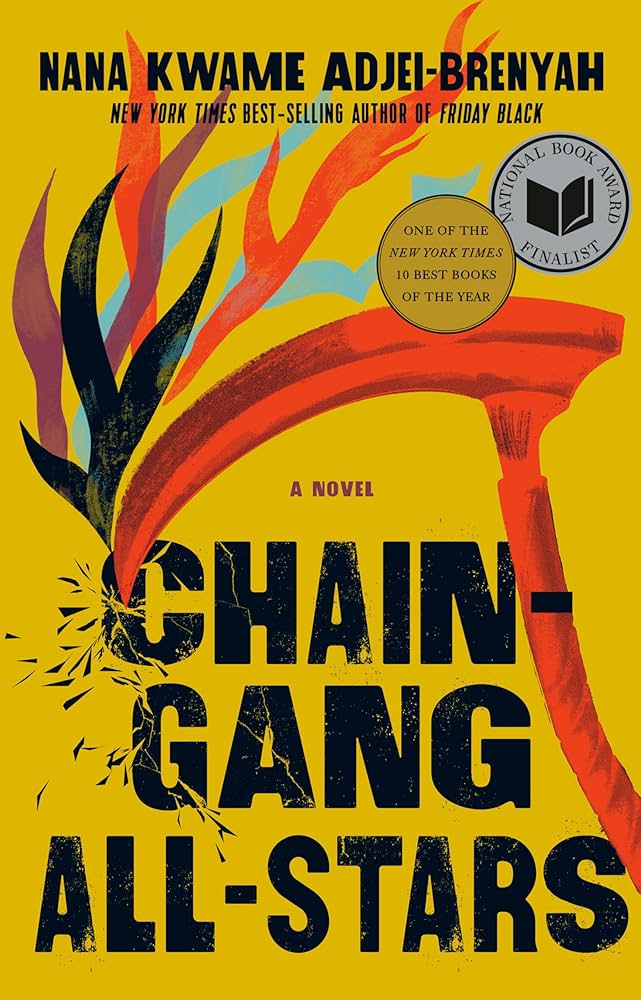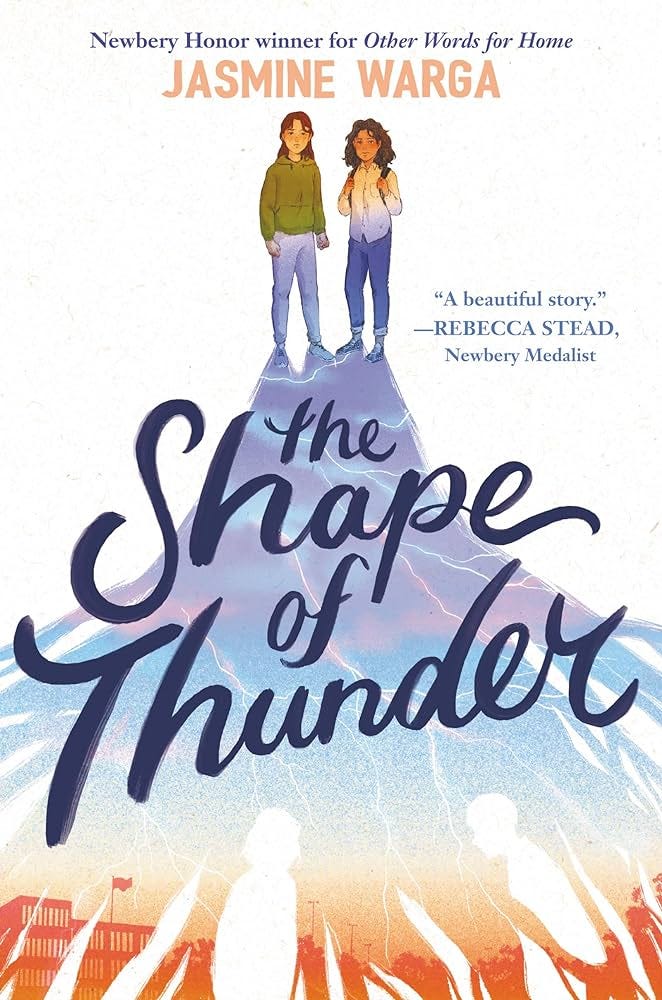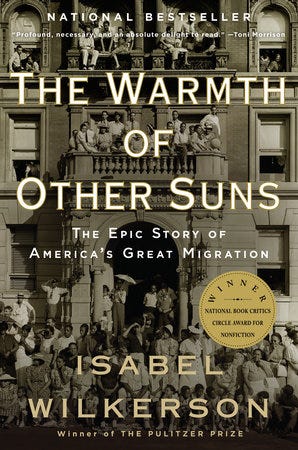A Big Change
Earlier this month, I made one of the hardest professional decisions I’ve ever had to make: I stepped away from my literary agent.
I know people change agents all the time in this industry, but my relationship with The Purcell Agency has always gone beyond me as a writer and them as my representation. I have done editorial work with and for these ladies. I’ve attended agency writer functions. One year, I was even on the Christmas Card. This has been a sort of literary family for almost half a decade.
Moving on was impossibly hard, and it still makes me incredibly sad and a little sick to my stomach, but I did it for what I think is a good reason. Mostly, I believe strongly that I need a more editorial agent.
Working on the editorial side of things, I’ve seen what can happen for writers when they’re pushed outside of their comfort zones and are given detailed (and sometimes complex) editorial feedback. I clearly believe in that process of writing considering how I make my living, and as hard as TPA worked to sell my books over the past four years, I began feeling like I was treading water as a writer. It wasn’t the agency’s fault—they were clear about their editorial approach from the get-go—but it felt like it was time to try something new. It hurts. I love those ladies and I have loved being part of the TPA family. But I want to level up, and getting back into the query trenches (unfortunately) feels like the only way to do that.
The ladies at TPA have all been so understanding, supportive, and wonderful about my decision, and I wouldn’t hesitate to give them glowing recommendations. Shout-out to Tina for suggesting I start my own editing business. You wouldn’t be reading this newsletter if it wasn’t for her!
So what happens next? I have to decide which book I want to query. I’ve got a couple of YA contemporary novels that I love (including my current softball-centric book, which is nearing completion), but I’ve also got an MG contemp with some magical elements and an MG fantasy/fairy tale that’s far away the highest concept of the bunch.
I don’t know where to start or who to query. I’m certainly not looking forward to re-entering the query process, but my goal in the coming months is to pick a manuscript, gussy it up, and query the crap out of it. Hopefully, I’ll find that editorial agent I’ve been wanting, and we’ll all have Joel Brigham books to read in due time!
It’s scary and in some ways disheartening, but also necessary. (I think). Keep your fingers crossed for me!
Trends in Current Manuscripts (That Can Hurt You!)
January was an incredibly busy month for Brigham Editorial. My gut is telling me that I’m getting slammed with wonderful clients because agents opened back up to queries this month after taking the holidays off, and everyone wants to make sure they’re putting their best foot forward.
That said, I figured I’d mention a few things I’m seeing in manuscripts right now to help keep you from falling into some of the pitfalls that can hurt querying writers:
Early Info-Dumps & Flashbacks - I’m seeing SO MANY first chapters that take entirely too much page space to info-dump about certain characters, either to explain backstory or to tell the reader things they could just as easily show in other ways later in the book. Because the first chapter is our opportunity to connect with readers, it’s important to stay rooted in the present instead of immediately going into backstories or flashbacks. I know YOU care about your character’s history, but the reader only really cares about what’s going on right now. Any time spent away from the current problem or tension is a moment for a reader (*ahem* or agent) to decide they aren’t interested and set it aside before they even get a chance to read the good stuff.
First Chapters That Don’t “Lean In” - Almost every Chapter One I’ve read in the last couple of months has ended in a place that would make it very convenient for a reader (*ahem* or agent) to put the book down. Typically, I’m seeing writers drop off their MC in a place where we’re meant to feel kind of bad for them, or bask in their current misfortune or misbelief. Instead, I’d like to see these first chapters end with something happening, hinting at trouble to come, introducing something mysterious—anything to get readers to turn the page. I know not all chapters can end like this, but can the first chapter? The more pages a reader gets through on a first sit-down, the more likely they are to finish the book. Hook them at the end of that first chapter instead of inviting them to take a convenient break.
Characters who don’t “Want” enough - I’m as guilty of this as anybody, but I’ve been seeing a lot of passive characters, especially early in manuscripts. Usually, what fuels this lack of activity is the lack of a “want.” In every chapter, a character or characters need to want something, as that will force them into action, create tension, and move the plot forward. If things are happening TO them, it probably is because the plot is hinging on external things rather than internal things. Let your MC’s biggest hopes, dreams, and desires drive their actions, and make sure you start that early.
Over-Making Points - I’ve seen a few writers attempt to establish themes in the first few chapters—things built around a word or phrase, often that ties into the title of the book in some way—but then they beat that theme into the ground over the first few chapters. When we’re writing, it’s easy to think that we’re just leaving breadcrumbs for our readers, but when we go back and revise, we should be assessing honestly whether we’re hinting at this theme or banging our readers over the head with it. The goal for themes (or messages or morals) is to be buried kind of under the surface. Hint at them, and then let them happen without being so overt. Readers are smart. They’ll figure it out!
RevPit Goodies
February is when things start to pick up in RevPitVille. On February 23rd, this year’s batch of editors will be announced, and while I don’t want to spoil the surprise for anyone, there’s a very good chance that a certain fella will be among those giving away a free developmental edit in this year’s contest.
If you’re the type to mark calendars, I’ll be doing a “Meet the Editor” session on Reddit on March 6th. On March 26th, I’ll be doing an “Ask Editor” session there, answering everyone’s questions about writing and revising and querying and whatever else you want to talk about.
If you’re not following the RevPit Reddit yet, please do. I also suggest subscribing to the RevPit newsletter. As a group, we not only give away free full manuscript developmental edits, but we also have lots of awesome runners-up prizes, which I promise are awesome and will be announced at a later date.
Other Forthcoming Events
If you’re a podcast person, I recently recorded an episode of Middle Grade Matters with Shannon Balloon, where we talk about querying and getting those sub packages just right. The episode isn’t out yet, but it’s a great little MG podcast and worth subscribing. Lord knows I’ll tweet it out like crazy once it goes live.
I’ve also got a few other speaking/critique events on the calendar for 2024:
I’m doing first-ten-page reviews for the Indianapolis Writers Day Workshop (Feb. 24)
I’ll be speaking virtually at the San Francisco Writers Day Workshop (Apr. 5)
I’ll be speaking in person at the Milwaukee Writers Day Workshop (Jun. 21)
I’ve also got another in-person conference penciled in for early June, but that one’s not ready to announce. Lots of ways to connect with me this year, though!
What I’ve Been Reading
Chain Gang All-Stars, by Nana Kwame Adjei-Brenyah
This was one of the most lauded books on a lot of year-end “Best Books of 2023” lists, so I bumped it up the queue, only to be left feeling a little underwhelmed. There was a lot that admired during reading, I just didn’t particularly like it.
For starters, it marries violent action with literary fiction, which isn’t something I’ve really read before. That was an exciting and adventurous combination. Secondly, I wavered between reading it as an allegory for our current justice system and reading it as a literal indictment, which means it worked on a couple of different levels.
My problem was that the shifts in perspective and point view made it hard to connect to any one character. And they were good characters! But as soon as I felt something for someone, I was steered away to be introduced to someone new. I felt invested in the main plot, but too sidetracked by the plethora of ancillary characters.
The Shape of Thunder, by Jasmine Warga
Contemporary MG at its finest. Warga writes the kinds of books I want to write: beautiful, relatively quiet, and steeped in grief and friendship. I consistently felt astounded by how perfectly she nailed the psychology of preteens, sending me back to misbeliefs and insecurities I forgot I had at that age. And the best part was that my daughter was reading this for school right alongside me (it’s why I chose to read it, myself!). That means got to do a Daddy/Daughter Book Club. Always a good thing.
The Warmth of Other Suns, by Isabel Wilkerson
I’ve always been fascinated by The Great Migration, and this narrative nonfiction book went way beyond the history of Black families moving out of the south to head north and west, focusing primarily on the stories of three individuals who personify the spirit and hope of the movement. It was beautifully written and left me astounded at the work Wilkerson must’ve put in with these three families. She managed to find a trio of incredible yet unique stories all set upon the same historical backdrop. I had a feeling I’d love this book, and I really did.
Thanks for reading! If you’re new here, don’t forget to subscribe, and please share with any other writer buddies you think may benefit.
Hugs and high fives,
-JB










Good for you, Joel. Change is always hard, but you have to do what feels best. Sending you lots of positivity energy.